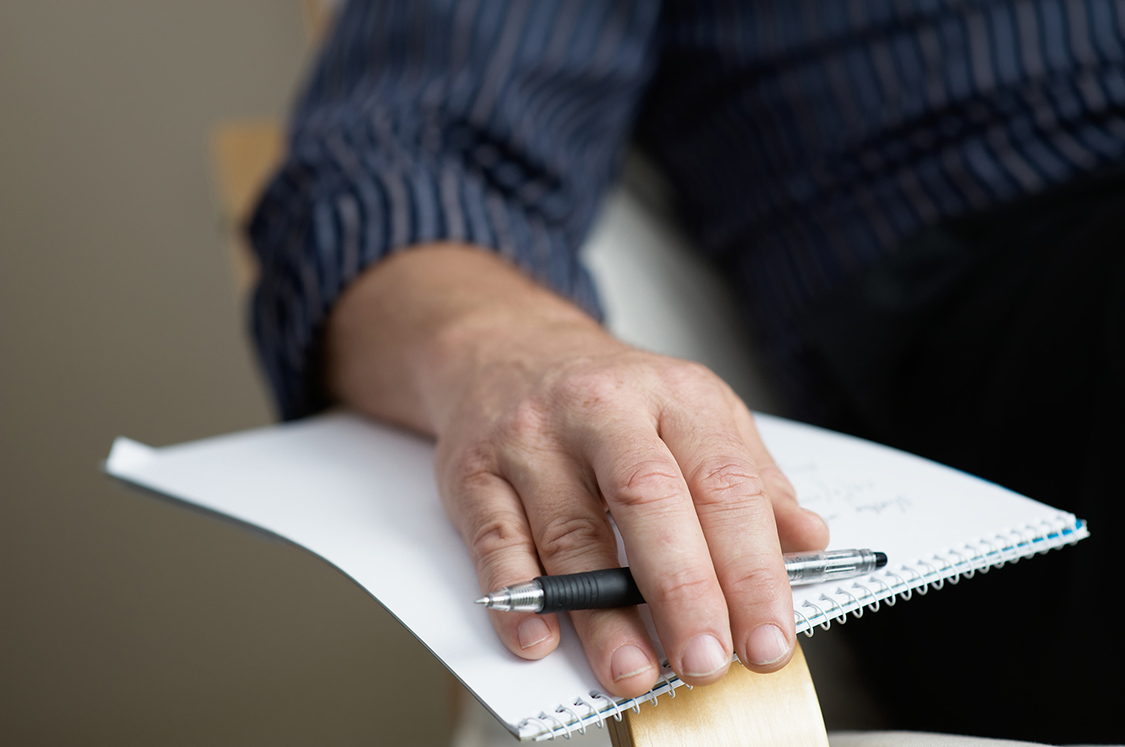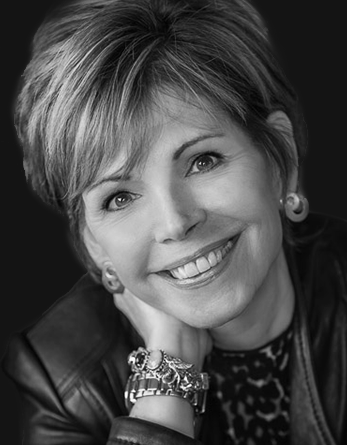
In this reprinted article, counselor Leslie Vernick responds to a tricky question about “progress” after domestic abuse has been confronted. We trust you will benefit from her counsel to this woman. Consider how your conclusions about successful counseling of conflicted couples compare to hers.
A question for Leslie
Can you give suggestions as to what to look for regarding “success” in couples counseling? I am in a marriage that is destructive. For months I went to individual counseling and was on a trajectory toward separation/divorce.
Surprisingly, my husband agreed to couples counseling. He almost immediately took responsibility for abusive behaviors toward me (which for sixteen years he had denied), and his angry rants ended simultaneously to beginning counseling. I am grateful for the changes, though leery—how is it so easy now that there is a “watchful eye”?
I feel that in an effort to validate my husband, too many issues have been normalized—and my husband walks away believing that our troubles are part of common, everyday married life. I feel as if couples counseling is a threat to the work I have done as an individual to be honest about how poorly I was treated and to gain the fortitude to no longer accept it.
Leslie’s answer
It is very interesting how much self-control someone can have once abuse is disclosed and he is in an accountability relationship. However, that does not mean that the underlying entitlement thinking or other problems that caused the blindness and denial to go on for sixteen years have been adequately confronted, talked through, or healed.
Don’t forget to ask why
From what you said, once you decided to leave the marriage, he said he would do marital counseling. But he’s never done his own work to explore what was behind his abusive behaviors and destructive attitudes, even though he has stopped his rages. It’s like an alcoholic who stops drinking but never does the work to understand why he was drinking in the first place or the damage he has caused to others. Yes, the drinking is over—and that’s a good thing, but some of the same problems are still there and still unresolved.
Don’t obscure who’s responsible for the abuse
Now that you are in marital counseling with him, the counselor is exploring things that were problems in your marriage. The counselor is trying to get your husband to express some of the things he was unhappy with. However, without first adequately addressing his abusive behaviors and attitudes and the damage they have caused you and your marriage, things can start to get very fuzzy. It can start to feel like you are being held responsible for his unhappiness and the problems in the marriage that triggered him to abuse in the first place.
In addition, marital counselors attempt to stay neutral and not take sides, but when they do this in cases of abuse, without realizing it, they end up taking sides. By not first validating the pain your husband has caused you, and speaking about how unacceptable his behaviors were, both you and your husband are left with the impression that the marriage counselor thinks what happened was not all that serious or did not damage the relationship all that much.
Don’t neglect individual counseling before couples counseling
I believe that any couple attempting to reconcile their marriage after abuse will at some point need to have some joint marital counseling—but not until they have processed their individual issues and are also able to safely and sanely talk about what happened in the past, with the abuser taking full responsibility for abusive behaviors. That does not mean that the nonabusive spouse doesn’t have problems that have contributed to the marital unhappiness, but those problems did not cause the abusive behavior and attitudes.
Don’t forget to look for the indicators of success
Here are ten indicators of successful marital counseling after abuse:
- The past truly is the past. It has been talked about, grieved, repented of, forgiven, and owned. The past is not currently happening in the present.
- Both people in the marriage can freely bring up hot topics or difficult feelings in their marriage relationship with safety. There is no shaming, no retaliating, no minimizing, and no blaming.
- Both people are open and willing to learn how to be better spouses and to build a healthier relationship. They feel free to disagree with one another, and there is a teachable attitude on both of their parts.
- Time-outs as well as other boundaries are honored and respected. If one or the other is having a hard time communicating effectively, he or she waits until things cool down or they wait to see the counselor.
- Both partners now take responsibility for the maintenance and repair of the relationship and other family responsibilities.
- Power and responsibility are shared. There is not a double standard in which the rules that applied to one person in the marriage don’t apply to the other.
- Trust is being rebuilt in the here and now. It is seen as precious and safeguarded.
- If there is a slip, or a repeat of past history or other serious sin, or even a reminder of it, the person who is responsible acknowledges it and takes corrective action. This might mean apologizing and making amends, or it might mean getting back into counseling in order to stop a further downward spiral in their relationship.
- A person’s feelings would inform, not control, him or her. Self-awareness, self-reflection, self-control, and self-correction are part of the person’s daily habits.
- They have invited several close friends or family into their lives to help them grow and to keep them accountable.
Sign up for your FREE newsletter!
Original article:
This article Ten (10) Indicators of Successful Marital Counseling Post-Abuse first appeared on LeslieVernick.com, October 22, 2014, and is used with permission. The article has also been adapted for CareLeader.org with permission from the author.

